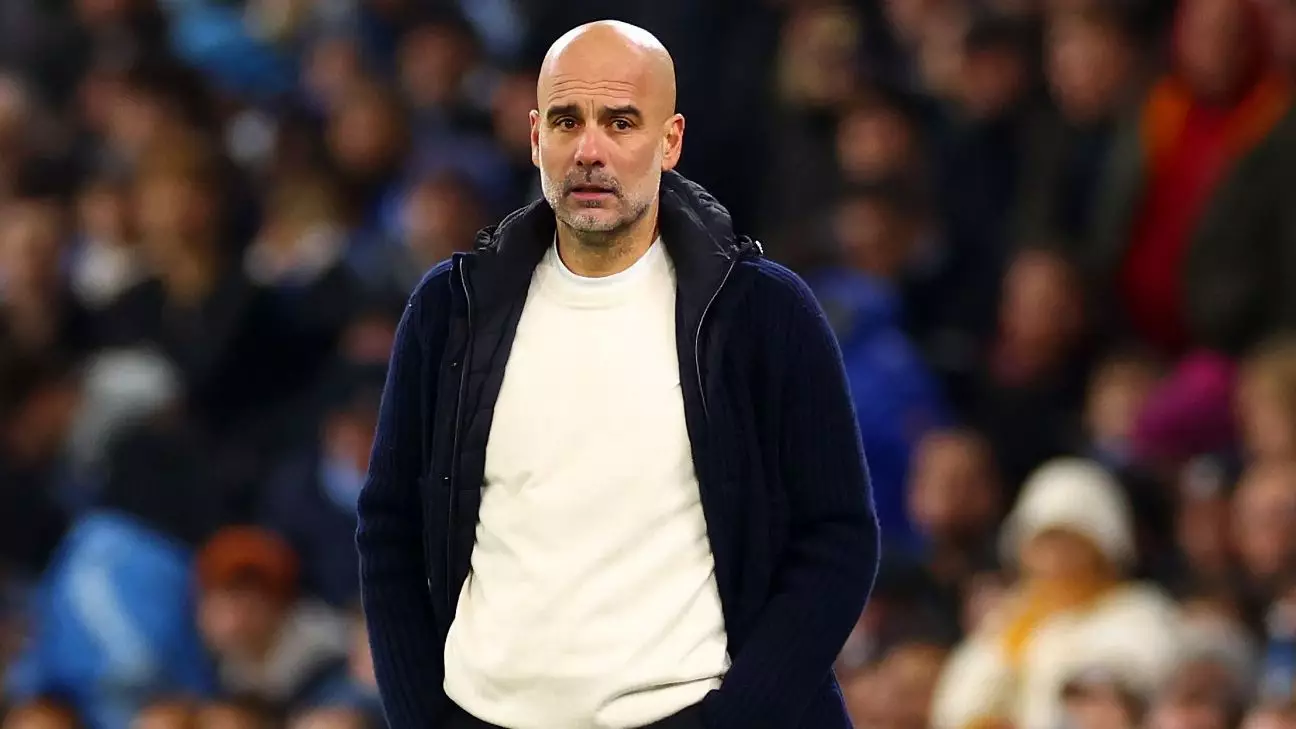In the world of football, transfer windows often bring a flurry of activity as clubs seek to bolster their squads. Recently, Manchester City became the center of attention during the January transfer window after making signings totaling £175 million, significantly more than any other club in the Premier League. However, this abrupt shift in strategy has provoked debate and speculation about underlying motivations, particularly regarding the club’s finances and potential ramifications stemming from their ongoing legal issues.
Historically, Manchester City has adopted a conservative approach during the January transfer window, with their last major signing being Aymeric Laporte back in January 2018. This reluctance to engage heavily in mid-season acquisitions reflected a tactical philosophy that favored stability and continuity within the squad. The recent flurry of activity, which included the acquisitions of Omar Marmoush, Abdukodir Khusanov, Vitor Reis, and Nico Gonzalez, raises questions about whether City is adapting to unforeseen pressures.
Pep Guardiola, the team’s manager, has vehemently denied that these signings were made in response to worries about a potential transfer embargo. Instead, he attributed the financial outlay to significant injury concerns that have plagued the team throughout the first half of the season. This assertion is critical in understanding the mindset at the Etihad Stadium; while the spending might seem reactionary, Guardiola’s defense frames it as a logical response to pressing squad weaknesses.
The backdrop of this spending is the specter of serious allegations against Manchester City regarding breaches of the Premier League’s financial rules. Following a hearing into 115 charges that concluded in December, the club awaits a verdict that could yield consequences ranging from fines to points deductions. The tension surrounding this situation intensifies any discussion about the club’s recruitment strategy. The narrative surrounding their spending is often clouded by speculation that City is scrambling to reinforce its squad amid fears of impending sanctions.
Guardiola’s remarks at a recent press conference indicate that he is acutely aware of the narrative framing City as purely a “wealthy” club that relies on financial muscle rather than strategic planning or player development. He pointed out that despite the heavy investment during the recent transfer window, City’s net spending over the past five years remains modest relative to some of its rivals, such as Chelsea and Manchester United. His emphasis on the club’s net spend, which he noted was third-highest over the last decade, attempts to refract the conversation away from accusations of financial irresponsibility.
As City awaits the impending verdict regarding their regulatory issues, the implications of this uncertainty loom large for the club’s future. Guardiola has insisted that a swift resolution could arrive within a month, yet he opines that regardless of the outcome, clubs will continue operating within their own strategic frameworks. This type of resilience is vital as it suggests a forward-thinking mindset within the club, vital not only for immediate performance but also for long-term planning.
In a practical sense, City must also navigate the injury crisis impacting key players, particularly the influential Rodri. Guardiola’s comments that the midfielder is not expected to return until next season underline the importance of depth in squad resources, reinforcing the idea that recent signings are not merely reactionary but also strategic, aimed at ensuring competitive performance throughout the season.
Ultimately, the narrative surrounding Manchester City’s January transfer activities and their wider financial issues illustrates the complexities of modern football. Guardiola’s pushback against the perception that City’s actions are solely driven by financial might opens up a broader dialogue about sustainable squad management and regulatory compliance. As the landscape of football continues to evolve, the interplay between financial considerations, competitive integrity, and team strategy remains a vital area for clubs to navigate. Manchester City’s recent expenditure might be a tactical choice shaped by immediate needs, but as the club looks to the future, it must also focus on maintaining a balance between aggression in the transfer market and adherence to financial principles that govern the game.

Leave a Reply